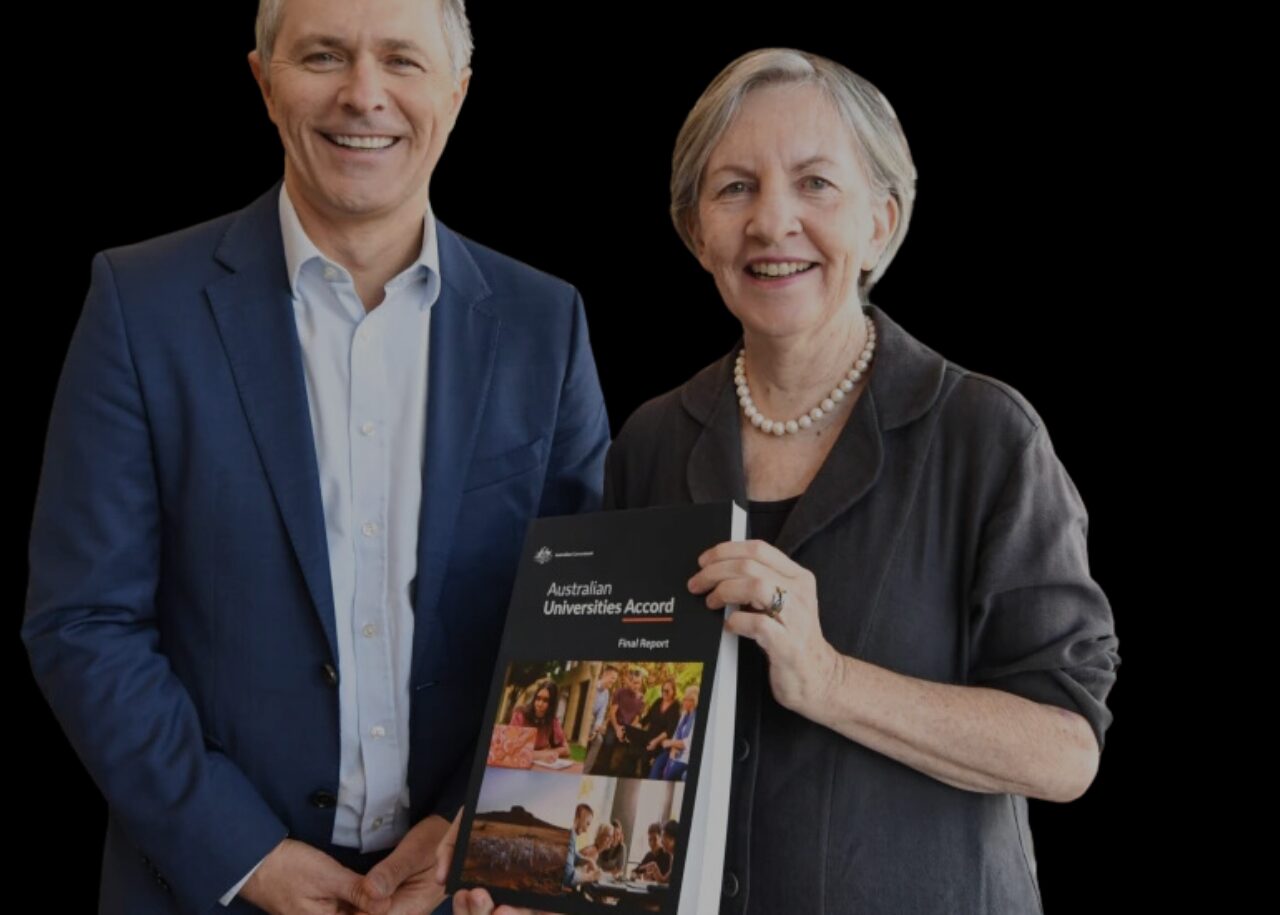
Universities Australia Solutions Summit 2024
The theme of this year’s Universities Australia conference was setting the higher education agenda for the year ahead. With the Australian Universities Accord process now completed from a development perspective, leaders in the sector are heading into the implementation phase. As Professor David Lloyd, Chair, Universities, Australia commented “The government’s response is one we eagerly await, as it will have broad implications for not just universities, but for the nation.”
With ambitious targets for tertiary attainment at a level of 80% by 2050, a key theme in the report is that of equity. Australian Higher Education must be more inclusive, particularly for traditionally under-represented groups. The imperative goes beyond social morality; Australia must find a way to fire up its 60-year productivity low.
The conference creates a central opportunity for education leaders to explore how universities, working in partnership with government and industry, make Australia a more successful and better-prepared nation for the challenges and opportunities ahead. This sector is an essential partner to government in delivering national priorities, and to business, in thinking critically about the forces and transitions changing the way we live and work.

Higher Education Speaker Highlights
Taking the stage at the event, Professor Mary O’Kane AC said she is “energised” by the report. She commends the achievement of a 20-year vision for a path of renewal in the tertiary sector. Education Minister Jason Clare told the Universities Australia conference dinner attendees, “We have a chance in the next few years to start work on something that will outlast us,” Clare said. “To plant seeds in a garden we don’t get to see.”
Education Editor for the Australian Financial Review picked up on the less optimistic sentiment, writing ‘At the heart of the universities’ accord… is the idea that we need to double the number of university students by 2050 to 1.8 million – or 55 per cent of people under the age of 35.’ Julie Hare notes, ‘The vision will not only require many billions of taxpayer and private dollars, but it will require a strategic, long-term commitment rare in Australian politics’ (2024). Notably, independent MPs including Zoe Daniel, Monique Ryan, Allegra Spender, Helen Haines and David Pocock, have enthusiastically embraced the accord, as has Nationals MP Darren Chester and to a large extent, Shadow Education spokeswoman Sarah Henderson.
The touted ‘TAFification’ of Australian universities sparked headlines, debating the component of the vision to move toward a seamless alignment between VET and Higher Education. The Hon. Brendan O’Connor, Minister for Skills and Training, held his ground and acknowledged that the Commonwealth had not previously had a vision for VET. The skills infrastructure in the past has been disjointed, including the recognition of prior learning and skills transfer. The introduction of Jobs and Skills Australia is a key mechanism for bringing greater cohesion and Minister O’Connor acknowledged the expertise of Professor Barney Glover who is newly appointed as the Chief Executive of the agency, an appointment that Future Leadership is proud to have assisted with.
At this time, Australia’s productivity is at 1.1%, down from its traditional level of 1.7%. The university and TAFE sector have a pivotal role to play in this, Historically, there have been weak incentives to improve teaching standards, with research still the measure of success in universities. The ‘Quality In Learning and Teaching’ reports indicate there are still too many dissatisfied students. Engagement with industry and Work Integrated Learning have been great initiatives but can and must go further. Catherine de Fontenay, Commissioner from the Productivity Commission highlighted that there is a challenge with the training and development of managers in Australia. Developing managerial skills is critical for productivity. More broadly, an increase in student outcomes and better-prepared and better-skilled students will have a positive impact on productivity.
The conference heard from The Right Hon Baroness Valerie Amos, Master of University College, Oxford University, on the subject of Diversity, Equity and Inclusion. She highlighted that 2024 is a pivotal year of change with 49% of the world’s population involved in national elections. Her leadership in widening participation and breaking through barriers has been significant. A key area for consideration is the role of “merit” in selection processes, it can be used as a way to make people feel they are not good enough. How can processes be redesigned to recognise the role of “potential” and the value of bringing a different perspective to the fore?
A strong vision that Australia should clearly set in its sights concerns committing to nominate the country’s first indigenous Vice-Chancellor. Higher Education institutions would be wise to begin the process of identifying a pipeline and providing training and development to position this pipeline as competitive for future opportunities.


